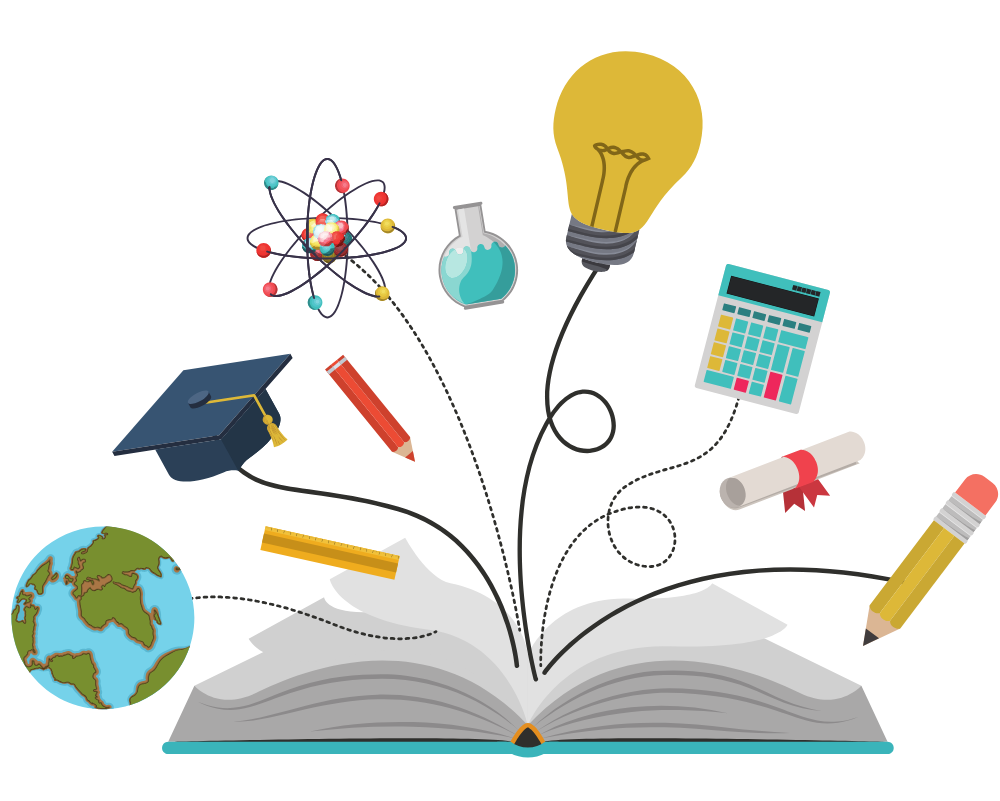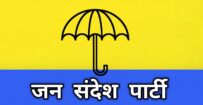
Education is the most powerful tool to change the world — yet millions of children from poor families are denied this basic right. In developing countries like India, poverty remains one of the biggest barriers to education. When families struggle to afford food, shelter, and healthcare, education often becomes a distant dream.
But education is not a luxury — it is a necessity for breaking the cycle of poverty and building a better future.
The Reality of Poverty and Education
Children from low-income families often face countless challenges:
- Lack of access to schools in rural areas.
- Financial struggles that force them into child labor.
- Poor nutrition and health affecting learning.
- Lack of school supplies, uniforms, and digital access.
As a result, many bright and capable children drop out before completing even basic education.
Why Education Matters
Education is the foundation of empowerment. It gives individuals the knowledge, confidence, and skills to improve their lives and contribute to society.
Here’s why education for poor families is essential:
- Breaks the Cycle of Poverty: Educated children can secure better jobs and uplift their families.
- Empowers Women: Girls’ education leads to lower child mortality, better family health, and economic independence.
- Builds Strong Communities: Literacy fosters awareness, civic responsibility, and sustainable development.
- Promotes Equality: Education bridges the gap between rich and poor, giving everyone a fair chance to succeed.
Government and NGO Initiatives
Many government schemes and NGOs are working tirelessly to promote education among poor families:
- Sarva Shiksha Abhiyan (SSA): Ensures free and compulsory education for children aged 6–14 years.
- Mid-Day Meal Scheme: Provides nutritious meals to students to encourage school attendance.
- Right to Education (RTE) Act, 2009: Guarantees every child the right to free and compulsory education.
- NGOs like Smile Foundation, Pratham, and Teach For India — run programs to support education in rural and slum areas.
These efforts aim to make learning accessible, inclusive, and equitable for every child.
How We Can Contribute
Every individual can play a role in supporting education for poor families:
- Sponsor a child’s education or school materials.
- Volunteer time to teach or mentor children.
- Donate to trusted educational charities.
- Raise awareness about the importance of education in your community.
- Encourage digital literacy and online learning for underprivileged children.
Even small acts of kindness can create a ripple effect of change.
Inspiring Quote
“Education is the most powerful weapon which you can use to change the world.” – Nelson Mandela
Conclusion
Education for poor families is not just about books and classrooms — it is about hope, dignity, and opportunity. When we invest in the education of the underprivileged, we invest in the future of our nation.
A literate and educated society is a stronger, healthier, and more peaceful society. Together, we can make sure that no child is left behind because of poverty.
